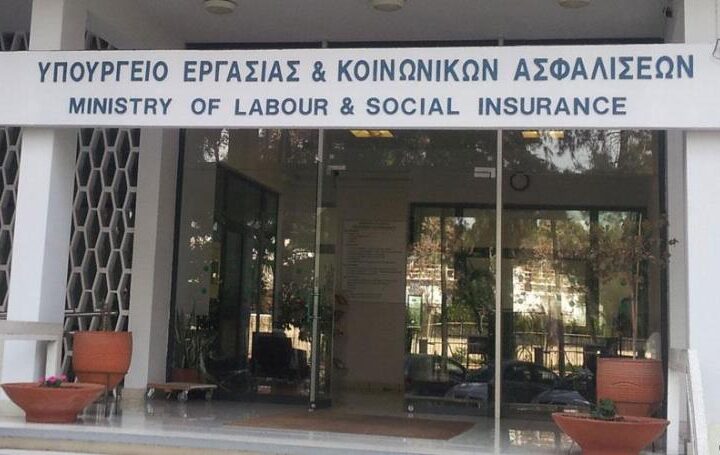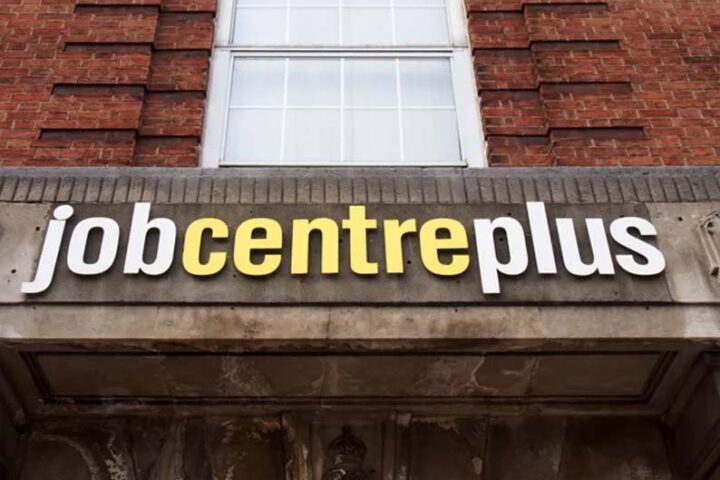Labour Minister Yiannis Panayiotou is poised to issue a decree that will raise the national minimum wage in Cyprus to nearly €1,000, affecting approximately 25,000 low-paid workers in the private sector.
The current minimum wage stands at €885, increasing to €940 after a six-month period.
The announcement of the decree is expected to follow Wednesday’s Cabinet meeting, where Panayiotou will present a proposal from the Labour Advisory Body, consisting of representatives from social partners and the ministry, and considering data provided by the Statistical Service.
The increase in the minimum wage from the existing €940 is deemed certain, given the unanimous agreement among labour market stakeholders.
However, the contentious issue for both the government and Minister Panayiotou is determining the extent of the minimum wage increase, as social partners hold divergent views on the amount of the increase. Initially proposing no increase, employers are now suggesting a modest raise to €970.
Trade unions, advocating for the median wage formula, propose revising the minimum wage to €1020. The proposed formula includes calculating the minimum wage based on 60% of the respective median wage.
In 2022, the median wage closed at €1701, in 2021 at €1606, and in 2020 at €1573.
Rising costs
Employers point to increased operational costs due to the energy crisis, rising transportation costs, and heightened interest rates, which they argue have escalated companies’ borrowing expenses.
Citing data from the Statistical Service, trade unions argue that the introduction of the national minimum wage on January 1, 2023, had minimal impact on the labour market.
However, they contend that the minimum wage has eroded due to unprecedented inflation in 2022 and 2023.
Trade unions emphasise that in 2023, the workforce increased, employment rose, the unemployment rate decreased, and the youth unemployment rate (16 to 24 years old) also declined. Productivity has seen a significant improvement, with an average 1.6% increase over the three-year period.
The profitability of businesses, as a percentage of GDP, has risen from 18% to 29% in the last two years, while workers’ earnings have decreased from 48% to 41%.
Apart from the minimum wage increase, one of Minister Panayiotou’s key challenges is the employers’ persistent refusal to implement hourly payment for part-time workers. For employer organisations, this is a non-negotiable red line.
Trade unions prioritise raising the entry-level minimum wage, which currently stands at €885 and is €8 below the poverty threshold.
Exemptions from the decree are anticipated for domestic workers, workers in agriculture, employees in the maritime sector, and those in the hotel industry covered by a relevant 2020 decree.
The Labour Advisory Body was expected to convene one last time late on Tuesday, with all members present.
The stakeholders include the Permanent Secretary of the Labour Ministry, a representative from each trade union (SEK, PEO, and DEOK), a representative from the Employers’ Federation (OEB), and the Cyprus Chamber of Commerce and Industry (KEVE). An academic also participates in the committee according to the relevant law.










